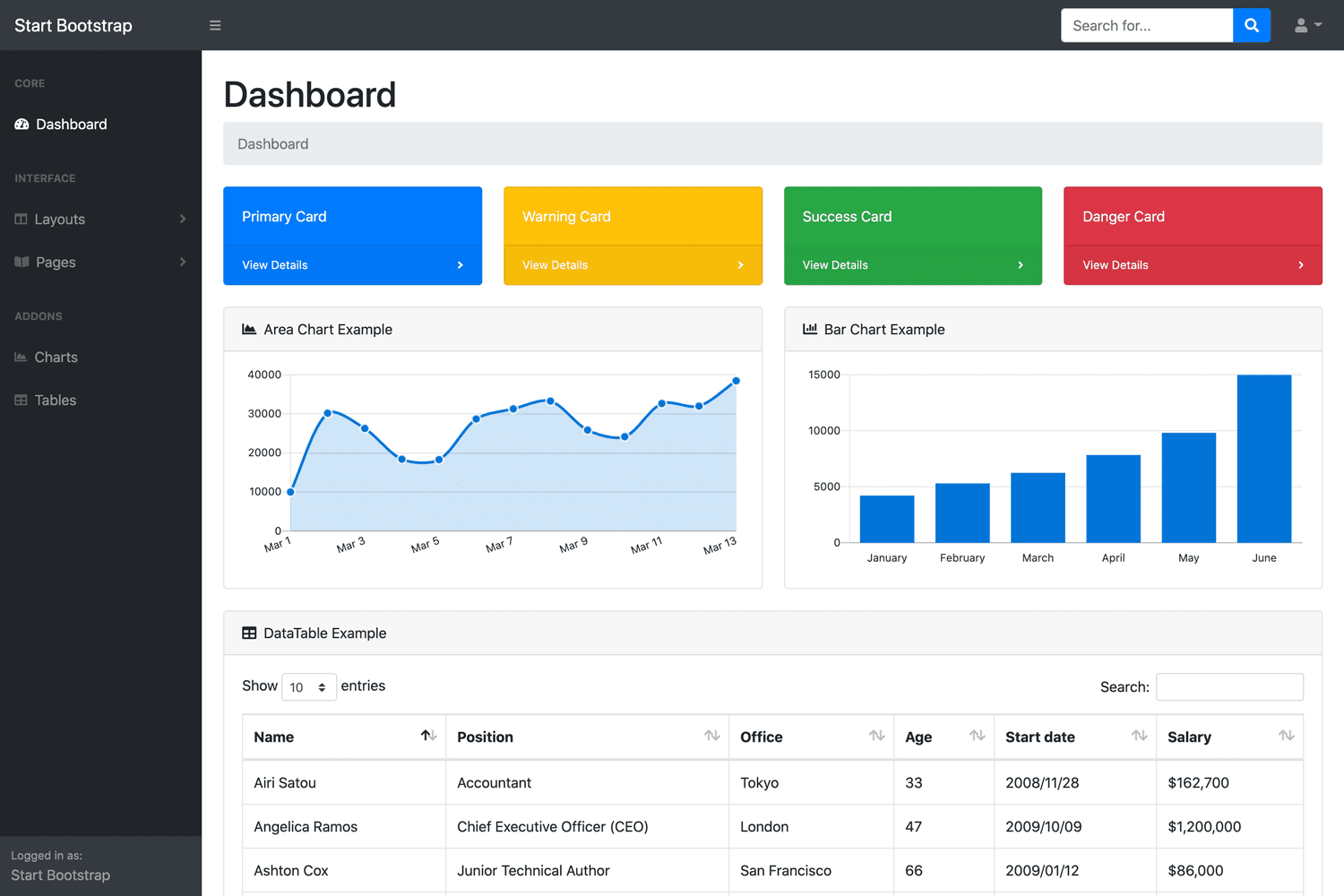abstract class vs interface in C#
By Tan Lee Published on Dec 31, 2024 413
Knowing when to use each can help ensure your application is extensible and loosely coupled.
Abstract Classes vs. Interfaces: The Key Differences
Abstract Classes: An abstract class allows you to define both concrete methods (methods with implementation) and abstract methods (methods without implementation). It can hold state (e.g., fields), constructors, and destructors, and can be inherited by a single subclass. Abstract classes are ideal for defining shared functionality that other classes can build upon or override.
Interfaces: An interface is a contract that defines a set of methods, properties, or events that must be implemented by any class that adopts the interface. Unlike abstract classes, interfaces cannot contain any implementation just declarations. An interface can’t hold state or have constructors. A class can implement multiple interfaces, providing a way to include behavior from multiple sources, something abstract classes cannot do (as C# only allows single class inheritance).
Similarities Between Abstract Classes and Interfaces
Despite their differences, abstract classes and interfaces share a few important features:
- Behavior Definition: Both allow the definition of behavior that must be implemented in derived classes.
- No Instantiation: Neither abstract classes nor interfaces can be instantiated directly.
- Polymorphism: Both can be used to achieve polymorphism, enabling different objects to be treated uniformly.
- Access Modifiers: Members of both can have access modifiers (e.g.,
public,private), though in interfaces, all members arepublicby default starting from C# 7.2.
Key Differences
- Implementation: Abstract classes can provide default method implementations, while interfaces could only declare methods until C# 8.0, when default method implementations were introduced for interfaces.
- State and Members: Abstract classes can contain fields, static members, and constructors, allowing them to manage state and offer common functionality. Interfaces cannot contain any fields or constructors.
- Inheritance: A class can only inherit from one abstract class but can implement multiple interfaces. This makes interfaces useful for simulating multiple inheritance in C#.
When to Use an Abstract Class
Abstract classes are a good choice when:
- You need to manage state or share common implementation among derived classes.
- You need constructors or destructors.
- You want to provide base functionality that can be extended or overridden.
When to Use an Interface
Interfaces are ideal when:
- You need to define behavior without enforcing any specific implementation.
- You want to allow a class to implement multiple contracts, promoting modular and flexible design.
- You need to mock behavior in unit tests.
Real-world Example: Managing Different Payment Methods
Consider a system that handles different payment methods. You might use an abstract class when you want to provide some common functionality (like calculating fees or verifying details) for all payment methods, but also want subclasses to implement specific details for each method (e.g., credit card or PayPal).
In contrast, if your system needs to interact with many different types of objects (e.g., ICreditCardProcessor, IPayPalProcessor) that must provide specific methods like ProcessPayment(), then you would use interfaces to ensure those objects adhere to the contract without dictating how they perform the operation.





